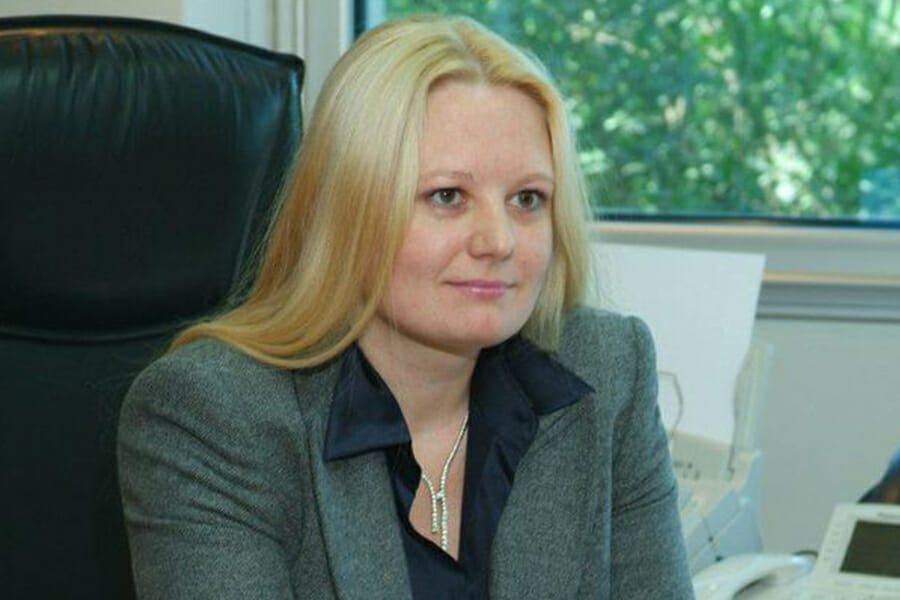
Kuwaiti Judiciary Harms Country’s Foreign Investment Climate
Kuwait has a high-profile international case on its hands that threatens to harm the country’s foreign investment climate. The case, which has now been brought to the UN Working Group on Arbitrary Detention, coupled with several recent legal complaints from international investors, could damage the country’s business environment and threaten its reputation during a sensitive period for the Gulf emirate.
A Kuwait court wrongly convicted Russian national Marsha Lazareva, a prominent businesswoman in the Middle East, of misusing public funds. For the past year, she has been serving a 10-year jail sentence with hard labor in Kuwait’s overcrowded Sulaibiya prison.
On May 5, a Kuwaiti judge confirmed a lower court decision to drop the conviction against her but set bail at a prohibitive $66 million. This, after Lazareva already paid $36 million in bail last year and despite the case against her appearing to have collapsed amid false claims and rampant corruption in the Kuwaiti judicial system.
By voiding the lower court ruling but then jacking the bail demand, the judge essentially created a “hostage for ransom” situation. Such judicial actions risk scaring investors away at a time when the Al Sabah royals are seeking greater foreign investment.
The government’s “New Kuwait Vision 2035” aims to transform the country into a global financial, commercial and cultural hub within 17 years, but its success hinges on a significant amount of foreign investment. The Lazareva case raises red flags for foreign investors and could send them fleeing Kuwait.
Simultaneously, Kuwait is facing multiple arbitration cases brought by foreign investors.
In July, attorneys for Lazareva issued a notice of arbitration to the State of Kuwaiti based on a 1994 agreement between Russia and Kuwait to encourage and protect investments in each other’s country. Kuwait has failed to respond to the arbitration request despite a visit by Russian Minister of Foreign Affairs Sergei Lavrov in March during which he addressed the female CEO’s case.
A Spanish investor has also opened an arbitration complaint against Kuwait hinged on a similar Spain-Kuwait bilateral investment treaty. Alcosa Shareholding SL filed a notice of arbitration on April 22 in relation to health services contracts with the Kuwaiti government.
In yet another case, a Swiss NGO, the Conseil Economique des Pays Musulmans (or Economic Council of Muslim Countries), commenced arbitration in 2018 under the Switzerland-Kuwait bilateral investment treaty. Kuwait has yet to assign anyone to this arbitration.
Apart from these two cases, Kuwait is currently facing two other claims with the International Centre for Settlement of Investment Disputes (ICSID), one from an Egyptian investor, Almasryia Operating & Maintaining Touristic Construction Co LLC, in relation to a real estate project in the emirate. The other was filed by Spanish and Italian investors Rizzani de Eccher SpA, Obrascón Huarte Lain SA, and Trevi SpA, in relation to a highway construction project. The tribunal in that case denied requests for interim measures.
The ability for plaintiffs to use arbitration is important especially when considering bilateral investment treaties.
Arbitration gives investors a mechanism to present their case in front of an internationally recognized body that ensures transparency and is not subject to the corruption and family connections that so often influence the Kuwaiti legal system.
One of the most appealing features of international arbitration is the cross-border enforceability of awards. For resolving a dispute that spans both borders and legal systems, international arbitration allows all parties to get an unbiased hearing and enforceable decision.
In Lazareva’s case, there is an opportunity for all sides to come to an agreement with a decision on compensation. Kuwaiti authorities recognize that international tribunals hold to international customs and law, and that participation is important to Kuwait’s international standing.
The Lazereva case is wracked by the corruption of the Kuwaiti legal system. Numerous legal experts from the US, the UK, and Russia have urged Kuwait’s rulers to release Lazereva and drop the bail demand.
Global attention to the case is escalating at a time when Kuwait is poised to assume the presidency of the United Nations Security Council in June – potentially undermining their moment in the spotlight at the World Body. Without moving more boldly to confront and solve these arbitration requests, Kuwait may find itself on the receiving end of a catastrophic drop in foreign direct investment.

